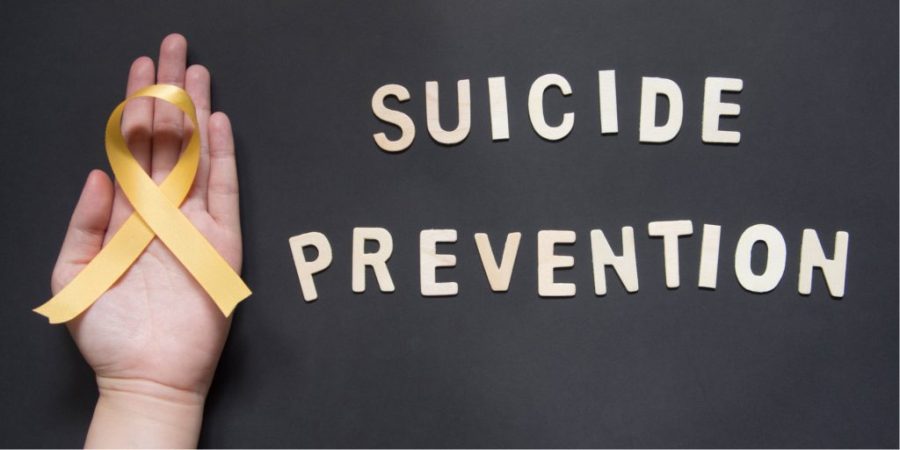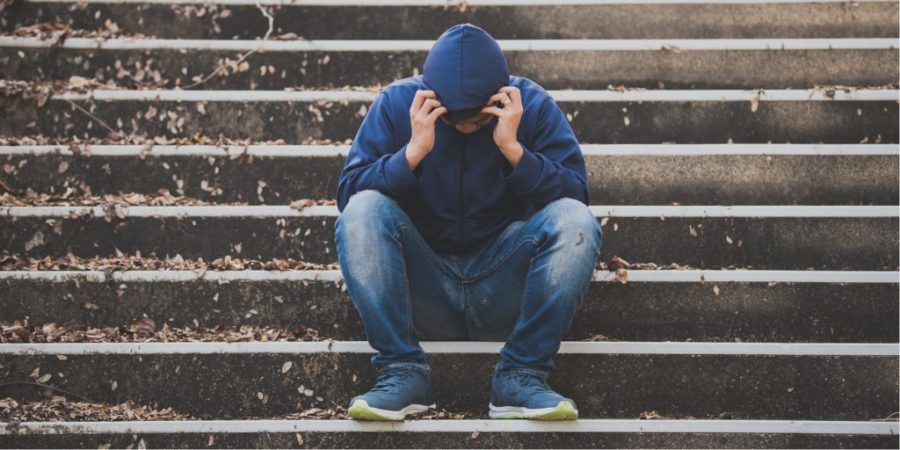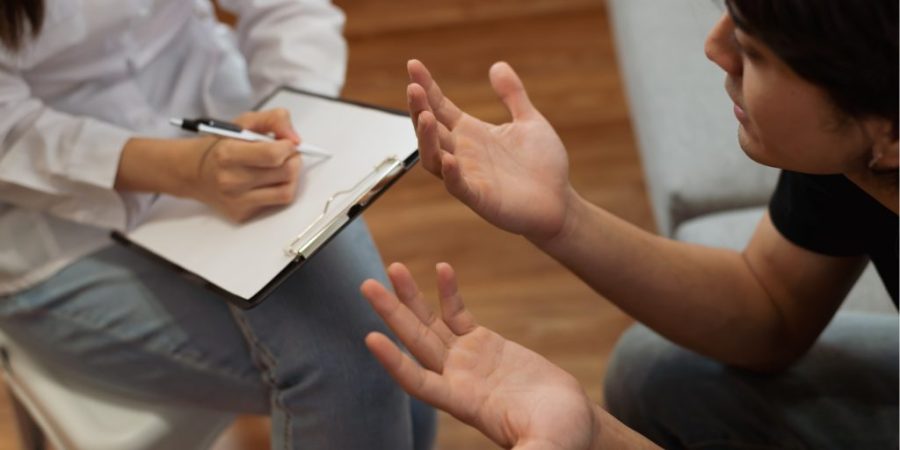
Since the start of 2020, there has been a four percent increase in suicides in Franklin County, Ohio. As you might imagine, there are many reasons behind this problem. In 2020, the COVID-19 pandemic has taken a tremendous toll on suicide survivors, people who have lost a loved one to suicide, and those who struggle with mental health and substance use disorders.
For suicide survivors, it’s natural to be concerned about a resurgence in suicidal thoughts or actions. What treatments can lower your risk? And how are alcohol and drug addiction connected to suicidal thoughts? This article goes into all of these questions and more. Most importantly, you will learn that death by suicide is preventable with the right treatment from Ohio mental health facilities near you.
Table of Contents
Ohio Mental Health and Addiction Statistics


Unfortunately, at least five people die by suicide each day in Ohio. Suicide survivors—including both those who have lost a loved one to suicide and people who have survived a suicide attempt—are at a greater risk of developing mental illness symptoms. Suicide survivors also have an increased chance of having or acting on suicidal thoughts.
At the same time that suicide rates are increasing, the Ohio drug epidemic is in full swing. The National Institute on Drug Abuse reports that in the past few years, there have been thousands of drug overdose deaths in Ohio annually. While these may not seem connected, the fact remains that substance use disorders and mental health conditions greatly increase one’s risk to experience (and act on) suicidal thoughts.
Suicide survivors often need treatment for addiction and other mental health conditions in order to fully recover. With the suicide statistics on the rise, Ohio mental health facilities are prepped and ready to help anybody who is struggling with thoughts of harming themselves.
Ways to Prevent Suicide
One of the most important ways to prevent suicide and to help suicide survivors is to understand the problem at hand. Studies show that suicide is the tenth highest cause of death in America. It is important to know that suicide survivors are not just people who “feel sad.” The thoughts and feelings that lead somebody to this option are painful, scary, and often misunderstood in society.
So, know the risks and know the signs, which are as follows:
- Feelings of hopelessness
- Reckless behaviors
- Increased drug or alcohol use
- Depressive symptoms
- Changes in sleeping patterns
- Fixating on death and ways to die
- Attempts to harm oneself
If you or a loved one you know is expressing any of these signs, seek help immediately by contacting the Suicide Prevention Hotline or calling local authorities. Once you are safe, you can then begin to find treatment for these mental health symptoms. The only true way to prevent suicide is by getting professional mental health treatment before it is too late.
Treatment for Suicide Survivors


Your treatment options for alcohol or drug addiction, suicidal thoughts, and mental illness are endless at the best Ohio mental health facilities. From programs that allow you to stay in a sober environment while recovering to dual diagnosis treatments that address all mental health and addiction concerns, you can rely on these facilities to keep you safe and help you get back on your feet.
The Woods at Parkside, for example, is an Ohio mental health facility that works with suicide survivors each day. Here, you will encounter effective therapies such as:
- Support groups—The best way to know that you are not alone is to work with others who are experiencing similar struggles. Here, you will learn each other’s stories and, most importantly, develop coping skills that will help you avoid suicidal impulses.
- Recreational therapy—Mind, body, and soul: this is the best way to find full healing from mental health conditions. In recreational therapy, you will move your body in new ways and find strength in your abilities.
- Music therapy—Music is proven to help release those “happy hormones” that you might be missing as a result of mental health conditions. Find peace, relaxation, and joy in each rhythm and learn to dance your way through life.
- Life skills groups—Taking on new skills can drastically improve your life post-treatment. With life skills groups, you can learn how to take care of yourself and cope with whatever life throws your way.
- Continuing care—Lastly, once your time in treatment comes to a close, your access to mental health care should not simply disappear. Build your community, learn new skills, and rest assured knowing that you will always have a home at The Woods at Parkside.
Find Ohio Mental Health Facilities Near You
If you are a suicide survivor or know of somebody who is in need of mental health assistance, take the first step toward recovery by reaching out to the professionals at The Woods at Parkside. We are an Ohio mental health facility that specializes in both addiction and mental health treatment. Our goal is to help you find strength in recovery and give you the tools you need to create a happy, healthy life.
Reach out to us today by phone at 614-471-2552. You can also ask your questions online. We are here to listen, to guide, and to help you choose a lifetime of happiness.
The post Suicide Survivors: Preventing Suicide in Ohio appeared first on The Woods At Parkside.
Source
Original Author: The Woods at Parkside

